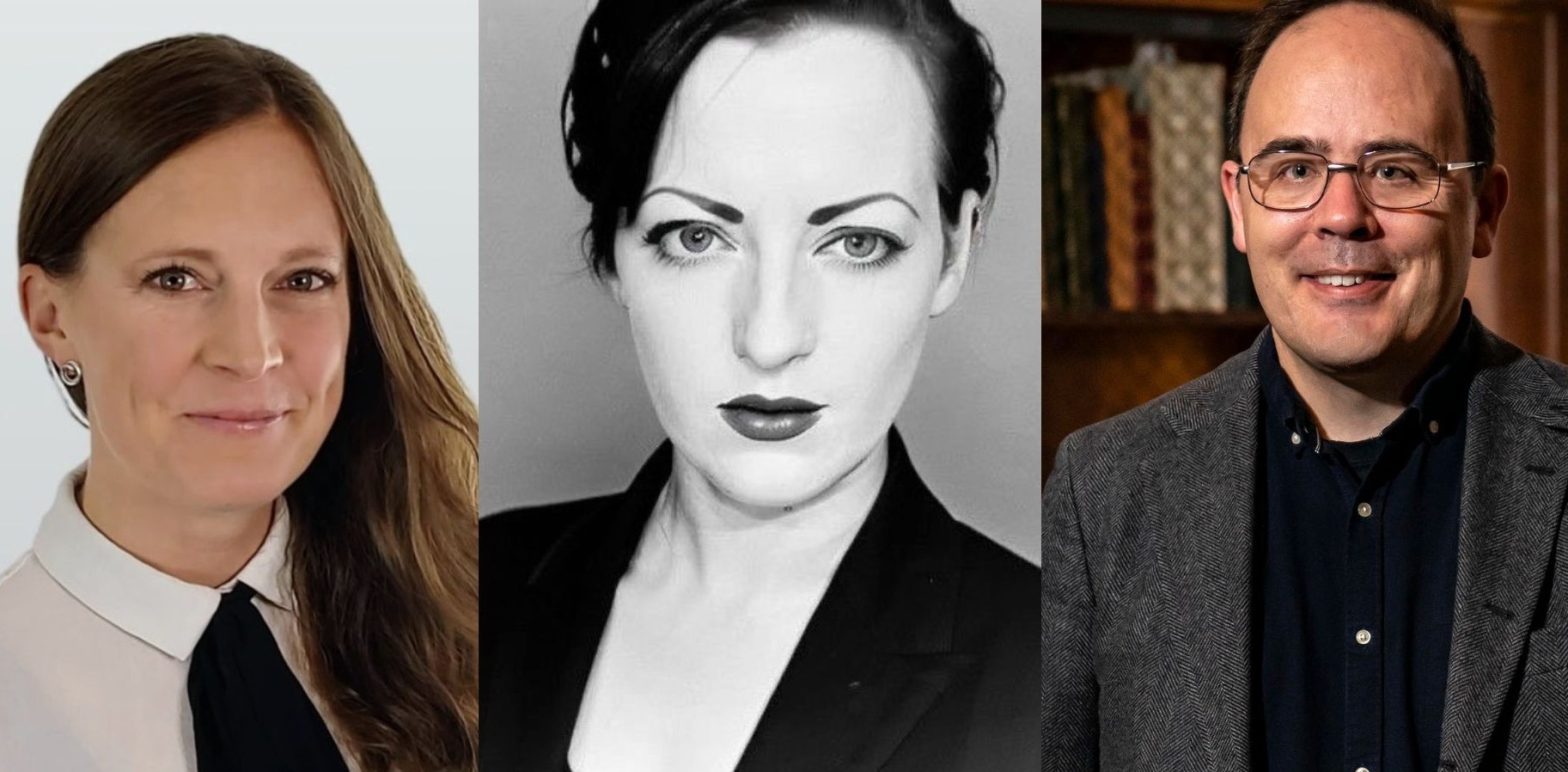Research Ireland has recently awarded a total of €414,844 to three research projects under the Humanities in European Research Area (HERA) initiative. The recipients include two researchers from Cork and one from Galway.
HERA, a trans-national, co-funding partnership established under the European Union’s Horizon 2020 research and innovation programme, involves 22 European partners.
Ireland has been a part of the HERA network supporting humanities-centred research for the past 20 years.
The HERA ‘Crisis – Perspectives from the Humanities’ Call aims to set innovative research agendas that enhance the humanities’ contribution to addressing fundamental human and societal challenges within the European Research Area.
The ‘Crisis’ programme follows a series of transnational joint research programmes addressing key areas of research to help understand the world around us. Research Ireland is delighted to fund three successful transnational projects under this scheme.
The successful Irish awardees on these European consortium projects are:
- CHRYSES: Mapping Environmental Health Crises – Public Understanding through Myths and Science (Dr Jenny Butler, University College Cork): €164,878
- CoastARTS: Coastlines as Zones of Ecocultural Crisis: Shaping Resilience through Transnational Performance-based Arts (Professor Patrick Lonergan, University of Galway): €158,796.10
- Home in Crisis: Deconstructing ‘home’ in crisis – Understanding intersecting crises through the lens of ‘home’ (Dr Marie Aronsson-Storrier, University College Cork): €91,171
Project Summaries
CHRYSES: Mapping Environmental Health Crises – Public Understanding through Myths and Science: Environmental health crises (EHCs) are becoming more frequent, severe, widespread, with global consequences. Developing humanities-based strategies to understand EHCs and highlight human responsibilities is of critical importance. These strategies can drive both individual and social actions to mitigate the destructive impacts of these crises. CHRYSES project aims to improve public understanding of these crises by combining humanities and scientific approaches using the medium of maps. Currently, our understanding of environmental crises is fragmented across different disciplines, making it difficult to address complex narratives about these issues. By examining how both myths and science shape our understanding of environmental crises and using maps as a way to visualize these perspectives across space and time, CHRYSES hopes to create a more unified approach that leads to better individual and societal action.
- Co-funders: Masood Masoodian, Project Leader (Aalto University, Finland); Shane Sheehan (The University of Edinburgh, UK); Reet Hiiemäe (Estonian Literary Museum, Estonia); Artemis Skarlatidou (University College London, UK)
- CoastARTS: Coastlines as Zones of Ecocultural Crisis: Shaping Resilience through Transnational Performance-based Arts: CoastARTS is a three-year project studying coastal areas in Europe and its former European colonies as places where ecological and cultural crises intersect. The project uses performing arts methods to develop new ways of understanding the connections between historical crises and current environmental threats. It aims to recover overlooked ecological knowledge from Indigenous and marginalized communities while working with museums, festivals, arts centres, and local communities.
The project views coastlines as important crisis zones – places of arrival, flooding, invasion, erosion, and conflict – that shape how we imagine past, present, and future crises. These areas face threats from climate change and biodiversity loss, as well as political issues related to migration and border control.
CoastARTS will work across Ireland, Spain, Portugal, Norway, and the UK, producing academic research, performances, exhibitions, and digital resources that will be freely available. The project’s ultimate goals are to help build community resilience and develop better responses to global environmental changes.
- Co-funders: Helen Gilbert, Project Leader (Royal Holloway University of London, UK); Neide Areia (University of Coimbra, Portugal); Emilia Maria Duran Almarza (University of Oviedo, Spain); Heli Aaltonen (Norwegian University of Science and Technology, Norway)
- Home in Crisis: Deconstructing ‘home’ in crisis – understanding intersecting crises through the lens of ‘home’: This project examines the climate crisis from a unique angle – how it affects our home and daily lives. While legal and policy discussions often focus on large-scale impacts, this research brings attention to the intimate, personal experiences of climate change that occur within our homes. The project argues that the climate crisis is something we live with every day as we go about our normal activities.
By using a humanities approach to law, the researchers will explore how the climate crisis can make people feel “unhomed” or “homesick” even while still physically at home. They will examine how experiences of the climate crisis vary based on factors like gender, location, age, disability, and sexuality.
The project brings together researchers from Norway, Denmark, Ireland, and the UK, working with partners in South Africa, Canada, and an environmental law charity. They use methods from theatre, literature, and Indigenous practices to develop new legal frameworks that recognize the full meaning of “home” and what’s being lost during the climate crisis. The project objectives are to reveal diverse understandings of home and the ways it is constructed, deconstructed, and reconstructed in the context of the climate crisis. Home in Crisis will develop new understandings of the climate crisis, its impacts, and how those ought to be addressed within and beyond law and its systems.
- Co-funders: Miriam Cullen, Project Leader (University of Copenhagen, Denmark); Dina Lupin (University of Southampton, UK); Hugo Reinert (University of Oslo, Norway).
Click here to see the full list of projects funded under the Crisis call.
